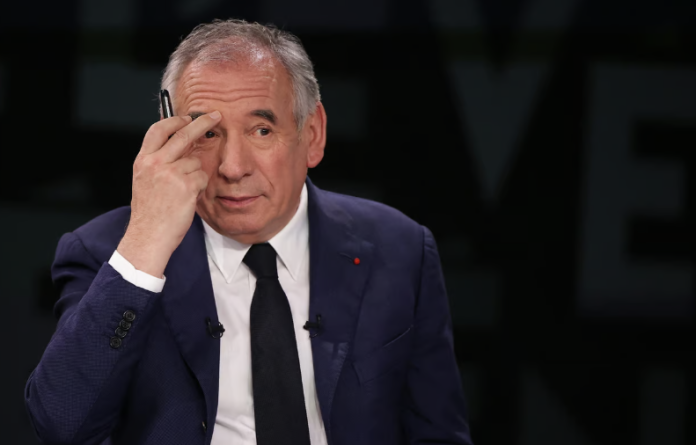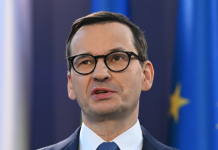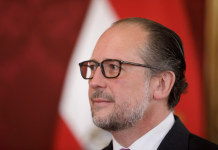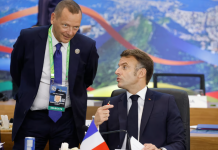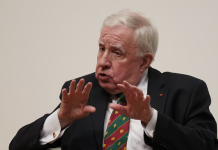PARIS — French Prime Minister François Bayrou will face a key test when he delivers his first policy speech to lawmakers on Tuesday.
The déclaration de politique générale, which is likely to be followed by a decisive vote on the new government’s future, is being closely watched to see how Bayrou plans to avoid the same pitfalls as his predecessor Michel Barnier, whose government was brought down in December after lasting fewer than 100 days.
Many of the same issues that led to Barnier’s demise remain. The government still relies on a fragile coalition of centrist and conservative members of parliament without a parliamentary majority, and compromise with opposition parties remains elusive.
Here are four things to look out for as the 73-year-old steps into the fray:
Can Bayrou fix France’s finances?
Bayrou, a veteran deficit hawk, has emphasized the urgent need to stabilize France’s public finances. Lawmakers failed to agree on a proper budget for 2025 and France entered the new year without one for the first time in its modern history.
Investors will be watching closely to see if Bayrou can get lawmakers to agree on a plan to bring down a budget deficit that is projected to come in at around 6 percent for 2024, more than double the amount allowed under European spending rules.
But the new prime minister’s plans are certain to make someone unhappy. Left-wing lawmakers oppose cuts to social benefits while centrists and right-wing MPs are pushing back against tax hikes, which they say could stymie economic growth.
Is retirement reform on the chopping block?
In talks with members of the opposition on the left last week, Bayrou’s finance minister signaled that the government may be willing to dilute President Emmanuel Macron’s hard-fought but widely loathed pension reform.
The decision nearly two years ago to raise the minimum retirement age for most workers from 62 to 64 remains one of Macron’s most unpopular decisions and a defining aspect of his legacy. The president has maintained that the change was necessary to keep France’s pension system solvent.
But two key center-left political parties that the government is trying to woo, the Greens and the Socialists, have said that some sort of concession on pension reform is needed to bring them into the fold.
“If François Bayrou refuses to suspend the pension reform, he won’t survive the next three weeks,” Socialist MP Philippe Brun, who has taken part in the talks between his party and the government, said Friday.
However, any concession on pensions — including, as the Socialists have suggested, a temporary pause in the gradual increase of the minimum retirement age — would raise the deficit Bayrou is trying to bring down.
Frédéric Souillot, the head of the Workers’ Force trade union, told BFMTV that the prime minister told union members that he would decide whether or not to put retirement reform on the negotiating table before Tuesday’s address.
What about Le Pen?
Amid these developments, Marine Le Pen’s far-right National Rally has been sidelined despite being the largest single group in the National Assembly, the more-powerful lower house of the French legislature.
The Barnier government had previously sought the National Rally’s support to stay afloat and pass a budget, even handing it some policy wins during negotiations. Yet Le Pen’s party ultimately voted to oust Barnier over his spending plans, arguing that the budget burdened the middle class and accusing the government of having opened negotiations with them too late.
The new government now sees the far right as an unreliable partner.
“I believe that there is more scope for fruitful dialogue with the parties of the left than with the National Rally,” Finance Minister Eric Lombard said last week.
Can Bayrou fracture the left … or will it bring him down?
Unlike many parliamentary democracies, the French government isn’t constitutionally required to seek parliament’s approval.
But the left-wing France Unbowed has already said that it would introduce a no-confidence motion if Bayrou doesn’t submit himself to the parliament’s vote. That motion will likely be discussed and voted on Thursday.
Whether France Unbowed’s partners in the pan-left New Popular Front will join them remain to be seen. Fractures in the alliance appeared to emerge last week when center-left lawmakers signaled progress in their negotiations with Lombard and Budget Minister Amélie de Montchalin.

